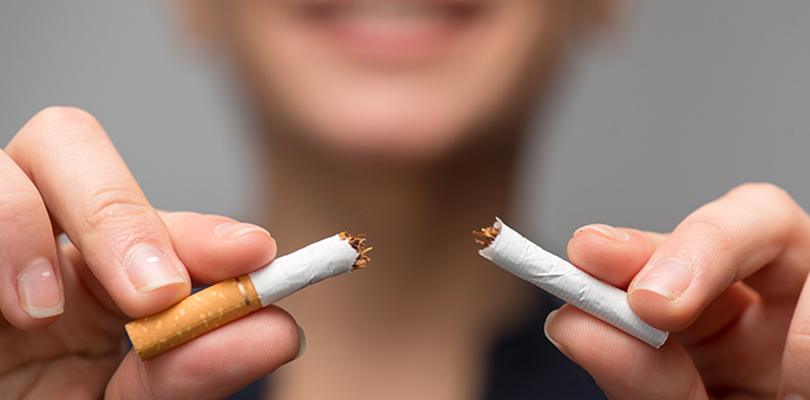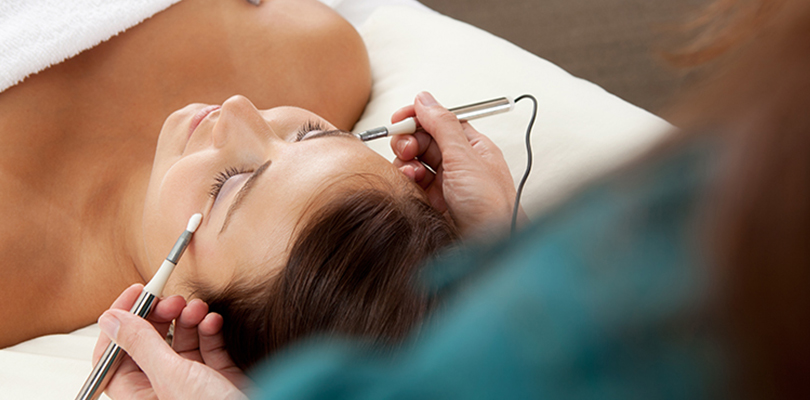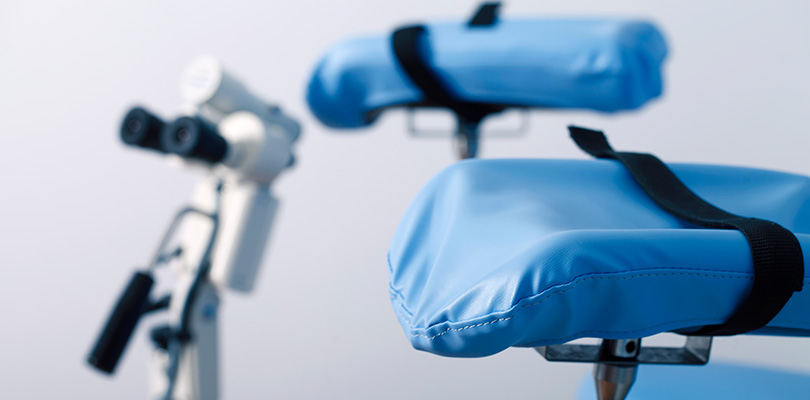
Photo Credit: Evdokimov Maxim / Shutterstock.com
8 Ways to Fight Depression
Depression presents patients with many management challenges, including the side effects of drug treatments. Antidepressant side effects include photosensitivity, sleep disturbances, and diminished libido, and they are often invasive enough to leave patients seeking alternatives.
While you should always include your doctor’s advice in your treatment plans, there are many strategies which are effective supplements for medical therapies.
1. Meditation
Meditation is an ancient art that involves using concentration techniques to calm down brain activity. Theoretically, it helps practitioners achieve an elevated state of tranquility, which can be a boon to people suffering from chronic mood disorders. It’s an inexpensive, risk-free alternative therapy that has been around for thousands of years.

Photo Credit: Image Point Fr / Shutterstock.com
2. Light Therapy
Light therapy involves exposing patients to bright lights of specific wavelengths in timed intervals, and it has been clinically proven to help patients with seasonal affective disorder (SAD), a type of depression which sets in during specific times of the year. The good news is that it may also help people with non-seasonal or chronic depression, with some research suggesting that it is just as effective as selective serotonin reuptake inhibitors (SSRIs).

Photo Credit: Dmytro Zinkevych / Shutterstock.com
3. Smoking Cessation
While research is still trying to uncover the specific links between quitting smoking and relieving depression, studies show a positive correlation between the two. If you’ve been diagnosed with depression and you’re a smoker, you may experience significant symptom relief by butting out. Talk to your doctor about smoking cessation aids if you’re struggling to quit.

Photo Credit: Maridav / Shutterstock.com
4. Exercise
While doctors recommend exercise to all people suffering from depression, it appears to have the greatest effect on milder cases. In fact, some research has shown that getting regular moderate to high-intensity exercise can dramatically reduce symptoms. Exercise doesn't have to be limited to weight-lifting and jogging, mix it up with yoga and even dance therapy.
Like smoking cessation, this is a natural treatment that has no downside whatsoever.
There’s more value to breakfast than satisfying your appetite; find out why breakfast is the most important meal of the day.

Photo Credit: Tyler Olson / Shutterstock.com
5. Electro-convulsive Therapy
Some patients may be put off by this treatment, but its effectiveness has been proven. It involves the application of electrical currents to the brain, administered while the patient is under anesthesia. Electroconvulsive therapy helps regulate brain function, elevating mood and promoting your body’s natural production of serotonin and other feel-good hormones.

Photo Credit: Photographee.eu / Shutterstock.com
6. Psychotherapy
Understanding the root cause of your depressive disorder can go a long way towards helping you overcome them, and that is the goal of psychotherapy. You can undergo therapy individually, as part of a group, or both. Group sessions help patients forge personal connections with other sufferers, which is also believed to benefit them.

Photo Credit: alexpro9500 / Shutterstock.com
7. Dietary Interventions
Doctors recommend some specific dietary interventions, including boosting your intake of omega-3 fatty acids, reducing caffeine intake, and following a high-protein diet. Healthy fats have been shown to boost serotonin levels, while caffeine reduces them. Choose proteins like turkey, which stimulate tryptophan production. This naturally occurring hormone might make you feel a little sleepy, but it is also a proven mood-enhancer.

Photo Credit: Image Point Fr / Shutterstock.com
8. Hormone Balancing
Altered or depleted hormone levels can exacerbate mood disorders, so it might help to get yours balanced. Your doctor can run tests to determine whether or not your hormones are out of flux, and if they are, you can take supplements that will stabilize them. Chances are you’ll notice a sustainal improvement in mood once your hormones are back in proper balance.
Read more about depression treatments and how to help someone with depression over at NewLifeOutlook.
There are a lot of myths surrounding dieting and weight loss. It can be difficult to keep track of the facts, so it's time to dispel these diet myths.







